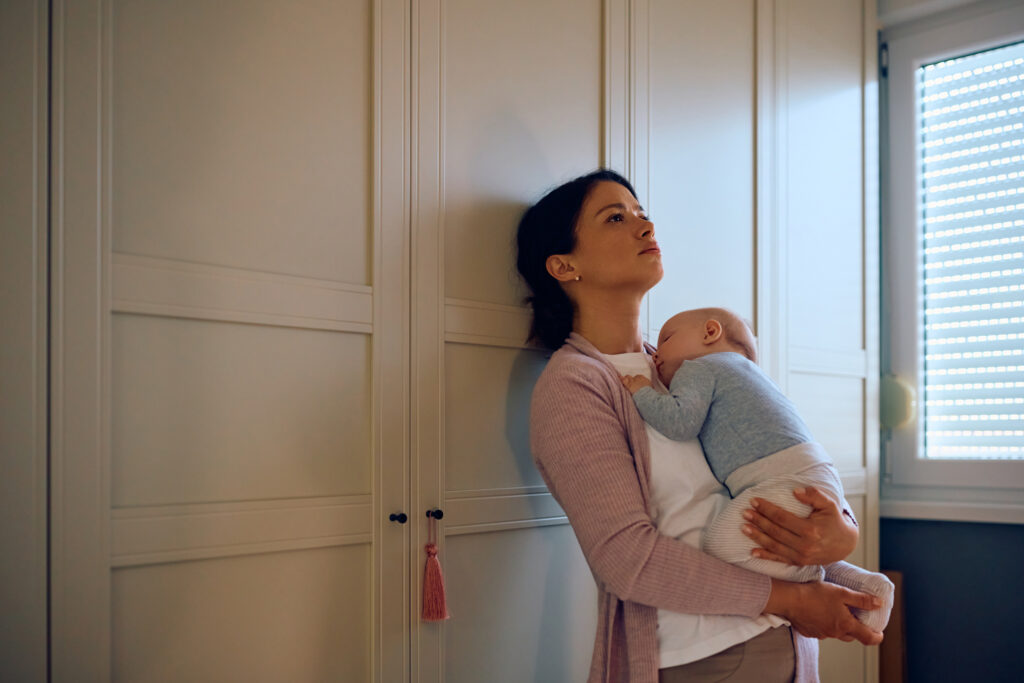Coping with Postpartum OCD: How ERP Can Help

Welcoming a new baby into the world is both exciting and challenging. However, for some new parents, the postpartum period can also bring unexpected anxiety and distressing intrusive thoughts. This experience, known as postpartum OCD, can be overwhelming and isolating.
The Role of Stress in OCD

The importance of managing stress may not seem like new info… and you’re right, it isn’t. We all know the importance of reducing stress and utilizing positive coping tools to stay grounded. However, for many of us, what we know is different than what we do! Here are some tips to keep stress down and your body & mind feeling more centered.
Acceptance of OCD

Accepting OCD as part of one’s life is often a challenging part of treatment, but a necessary one. Acceptance does not mean you like something. It is absolutely valid and expected to hate having OCD.
The Importance of Self-Compassion in the Treatment of OCD

There are many outcomes to practicing self-compassion that we can all reap the benefits from including decreased feelings of anxiety and depression.
Understanding Mental Compulsions in OCD

It’s critical that mental compulsions are stopped when practicing ERP. If you have POCD and you do an exposure (such as looking at a picture of a toddler in a diaper) and you resist doing a physical compulsion, but you instead do a mental compulsion you are still “practicing OCD” and not doing ERP.
The Ruse of Perfectionism

The truth is, it’s not the acts of perfectionism that are creating those positive outcomes. The compulsions that go into perfectionism actually drain energy, increase anxiety and depression, and impact peoples overall health and quality of life.
Reassurance-Seeking as a Compulsion in OCD

Even though you might feel relief after getting a little reassurance, that relief quickly wears off and leaves you wanting more. The more reassurance you get, the more you will continue to want it.
Do You Have Tendencies Toward Over-Responsibility?

Over-responsibility is a common core issue of harm OCD, which is often the fear of being responsible for others physical or emotional harm.

